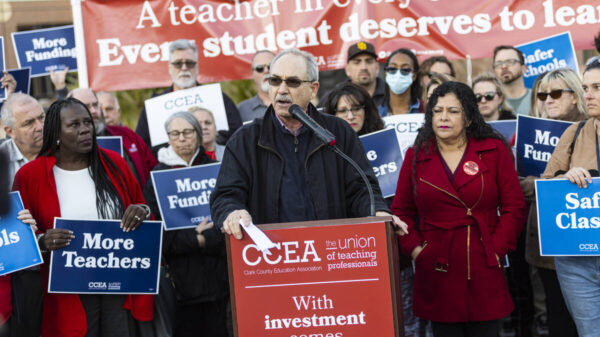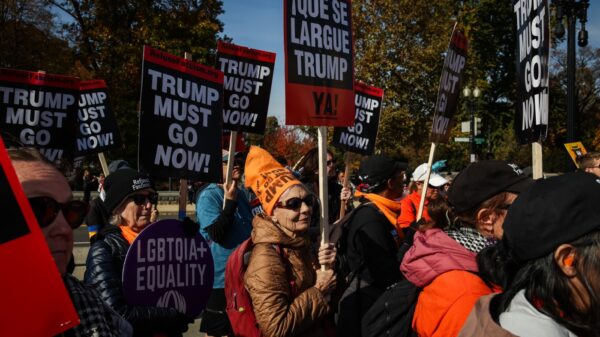On July 11, 2025, the world will mark the 30th anniversary of the Srebrenica genocide, a tragic event that resulted in the death of more than 8,000 Bosniak men and boys. This atrocity, recognized as genocide by international courts, remains a pivotal moment in the history of Bosnia and Herzegovina and a stark reminder of the consequences of hatred and intolerance. In a recent discussion, renowned journalist Christiane Amanpour spoke with David Scheffer, former US Ambassador-at-Large for War Crimes Issues, emphasizing the importance of acknowledging this dark chapter.
During the conversation, Scheffer underscored that the Srebrenica genocide is no longer a matter of debate. It is now documented and accepted as fact by the international community. He highlighted how the United Nations and various courts have affirmed the classification of the event as genocide, providing a legal framework that underscores the severity of the incident.
Scheffer pointed out that historical denialism remains a challenge. Despite overwhelming evidence, some factions continue to downplay or outright deny the events that transpired in Srebrenica. This denial not only disrespects the memory of the victims but also hinders reconciliation efforts within Bosnia and Herzegovina.
In the wake of the genocide, various initiatives have emerged to promote awareness and education about the events of July 1995. Scheffer mentioned the significance of memorials and educational programs that strive to keep the memory of the victims alive. He noted, “We owe it to the victims to confront this history and ensure that future generations understand the impact of ethnic violence.”
As the anniversary approaches, commemoration events are planned to honor those who lost their lives. These gatherings serve not only as a tribute but also as an opportunity for reflection on the ongoing issues of ethnic division and nationalism in the region.
The international community has a role to play in supporting Bosnia and Herzegovina in its efforts to address the legacy of the genocide. Scheffer emphasized that the responsibility to remember and educate is a shared one, stating, “The world must not forget what happened in Srebrenica. It is our collective duty to ensure that such atrocities never occur again.”
As discussions around the Srebrenica genocide continue, the focus remains on fostering dialogue and understanding among communities. The emphasis on acknowledgment and education is seen as vital in building a more inclusive future.
The legacy of the Srebrenica genocide is a call to action. It reflects the need for vigilance against hatred and division, urging individuals and nations alike to confront their histories with honesty and courage. In the words of Scheffer, “To deny history is to deny our humanity.”
With the 30th anniversary approaching, it is essential that the stories of the victims are not only remembered but also serve as a powerful reminder of the importance of tolerance and peace-building in societies around the globe.





































































